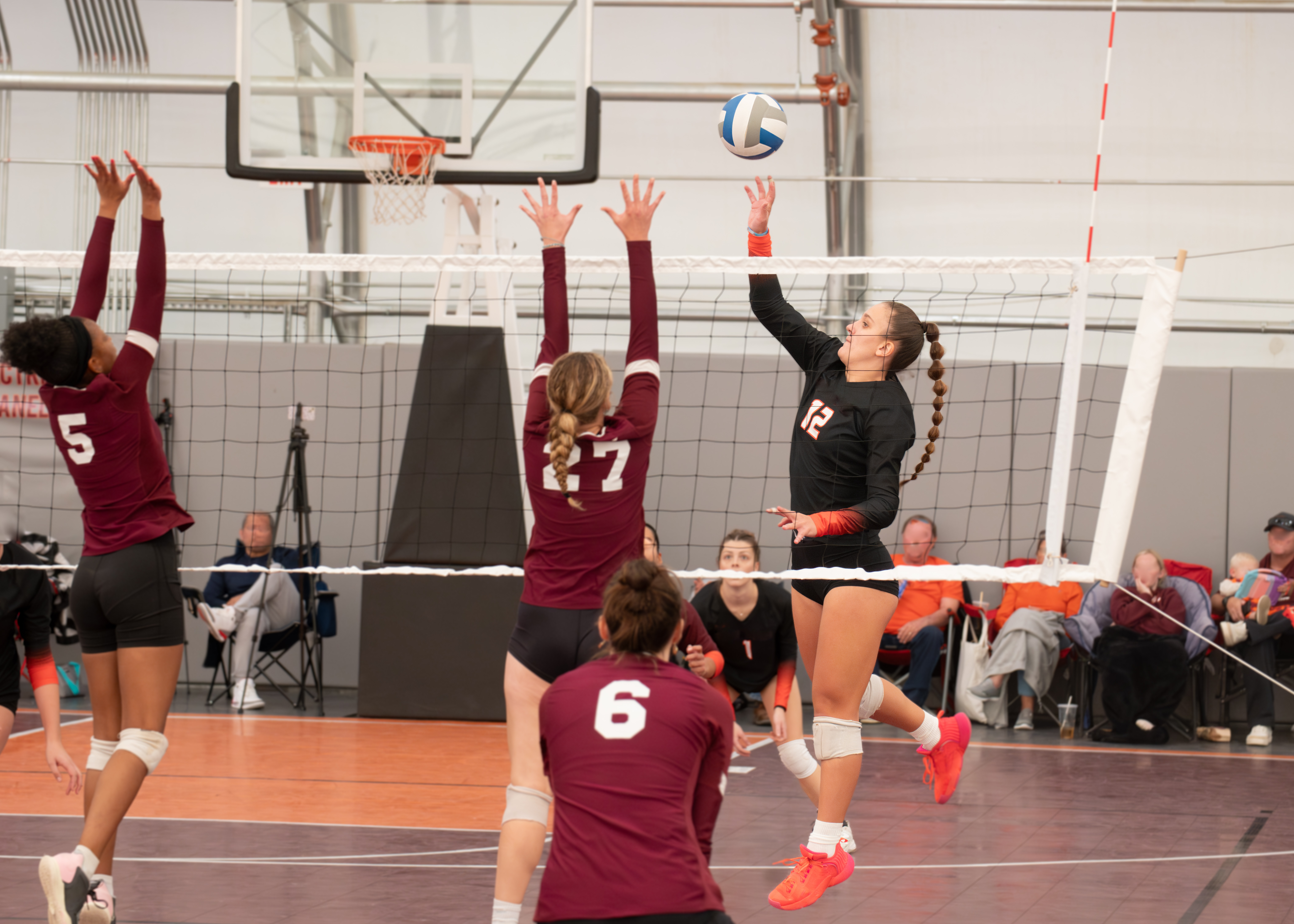Youth sport engagement through participant driven events
Sport events often focus on adult audiences, potentially overlooking opportunities to engage youth. Participant driven events and smaller community competitions have shown greater promise in fostering long-term involvement in physical activities for youth.
Types of recovery in sport
Curious about different recovery methods? In a study with CrossFit athletes, researchers found that while electrical muscle stimulation had a slight edge in speeding up recovery, the methods tested, electrical muscle stimulation, light exercise, and total rest, were similar in their effectiveness.
Physical education and student enjoyment
In physical education, the method of teaching sports significantly influences student enjoyment. Alternative approaches, like the Sport Education (SE) framework, enhances lesson enjoyment and improves learning outcomes. These alternative approaches may fill the gap where traditional physical education lacks in ensuring that all students can have fun in sports.
Empowering athlete advocacy for climate action
Athletes in winter sports recognize climate change impacts but often engage in low-risk advocacy actions. Their concerns include inadequate climate knowledge, fear of public perception, and feeling powerless within sports structures. Research shows empowering scholarly activism and building athlete communities may encourage stronger climate action within sports, challenging industry norms for sustainability.
Creating safe spaces in recreational sport: A mental health perspective

Sports are often celebrated for their physical benefits, but they also play a crucial role in mental health. Participation in sports can improve mood, stress relief, and foster a sense of belonging (Bruner et al., 2018; Panza et al., 2020). However, while these benefits are well-documented, they aren’t always guaranteed. In fact, sport participation can…
Mental health through sport
On top of physical benefits, engaging in sports has many mental health benefits for adults. Research shows that adults who engage in both team and individual sports show increased psychological well-being, like higher self-esteem, and improved social outcomes, like improved interpersonal communication skills, which contribute to improved mental health. These findings highlight the importance of…
Benefits of physical activity during pregnancy
While exercising during pregnancy was once considered taboo for expecting mothers, that’s no longer the case. Research shows that regular physical activity during pregnancy can improve cardiovascular health and mitigate the risks of gestational diabetes and hypertension. The Canadian Guideline for Physical Activity Throughout Pregnancy recommends that pregnant women accumulate at least 150 minutes of…